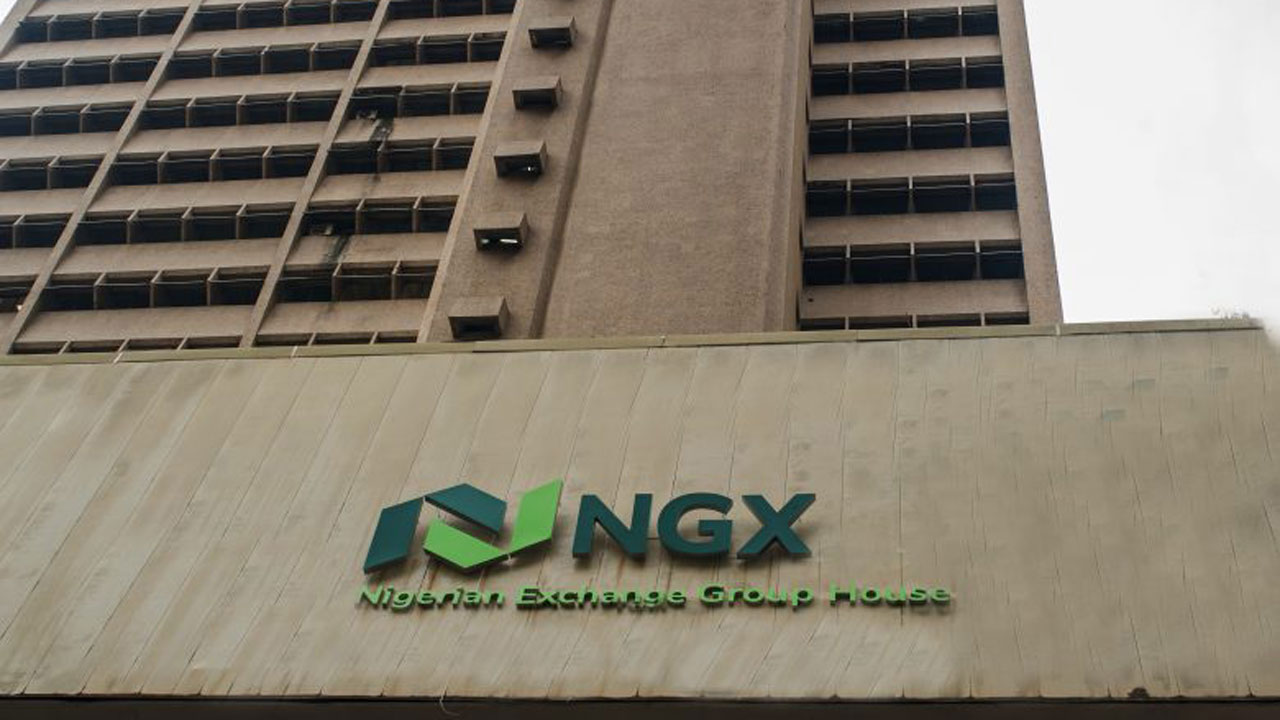Fidelity Bank Plc has delivered another set of strong financial results, posting a 94 per cent growth in profits for the year ended December 31, 2017 and is proposing to pay 11 kobo dividend to shareholders, representing a dividend payout N3.186 billion.
Details of the full year audited results for the Nigerian lender, released Monday at the Nigerian Stock Exchange (NSE), showed impressive growth in all key indices.
The performance capped a remarkable 2017FY for the bank, which returned to the international capital markets and successfully issued a $400 million Eurobond that was over-subscribed by over 200 per cent.
A statement by Fidelity Bank Monday showed that gross earnings grew by 18.3 per cent to N179.9 billion from N152 billion in 2016, while profit after tax (PAT) surged by 93.7 per cent to N18.9 billion compared with N9.7 billion recorded in the previous year.
The bank’s net interest income (NIM) also increased by 15.4 per cent to N71.5 billion in 2017, net operating income rose by 9.9 per cent from N86 billion to N78.3 billion while total assets grew by 6.2 per cent from N1.3 trillion to N1.4 trillion in the period under review.
In other indices, total expenses declined by 2.3 per cent to N65.7 billion from N67.2 billion while liquidity ratio stood at 35.9 per cent compared with 33.2 per cent in the previous year.
Commenting on the results, Fidelity Bank CEO, Mr. Nnamdi Okonkwo, expressed delight with the performance. According to him, the bank sustained its performance through disciplined balance sheet management, strategic cost reduction, increased focus on the corporate, commercial, SME segments and continued execution of its retail and digital banking strategy.
“We are delighted at the results, which showed strong growth in key revenue lines, significant traction in our chosen business segments and a corresponding decline in our operating expenses despite the high inflationary environment,” he stated.
According to him, the implementation of initiatives from its business process review project and the bank’s digital focus, continued to impact positively on operational efficiency as “total operating expenses declined by 2.3 per cent to N65.7 billion leading to the cost-income ratio dropping to 67.5 per cent from 77.3 per cent in the 2016FY”.
“The combination of the strong net revenue growth of 9.9 per cent to N7.7 billion and the 2.3 per cent decline in total expenses which translated to cost savings of N1.5 billion resulted in our increased profitability,” Okonkwo added.
The statement noted that increased digitisation also resulted in more than 25 per cent of the bank’s fee-based income as customers’ adoption of its mobile/internet platforms improved to 35 per cent in the 2017FY and led to a 21 per cent reduction in vault cash holding.
Similarly, the Fidelity Bank’s retail banking strategy continued to deliver good results. Savings Deposits grew by 15.2 per cent to N178.6 billion, accounting for 23 per cent of total deposits from 19.5 per cent in the 2016FY. This improved the bank’s low-cost deposits ratio to 77 per cent of total deposits.
Fidelity Bank is a full-fledged commercial bank operating in Nigeria, with over 3.8 million customers who are serviced across its 240 business offices and various other digital banking channels.
The bank has in recent times won accolades as the Best SME Friendly Bank, Best in Mobile Banking and the Most Improved Corporate/Investment Bank, among several industry awards and recognitions.
The bank was also ranked the fourth Best Bank in the Retail Banking Segment in the 2017 Banking Industry Satisfaction Survey conducted by KPMG.
Focused on select niche corporate banking sectors as well as micro, small and medium enterprises (MSMEs), the bank is rapidly implementing a digital-based retail banking strategy which has resulted in an exponential growth in savings deposits over the last three years and a corresponding surge in customer enrollment on the bank’s flagship mobile/internet banking products.













